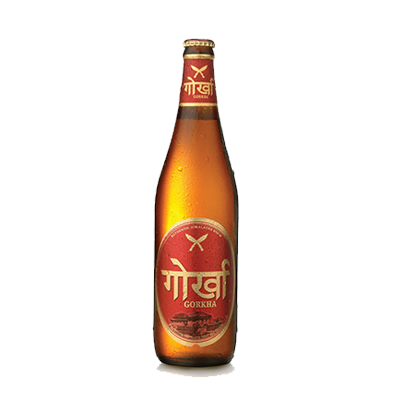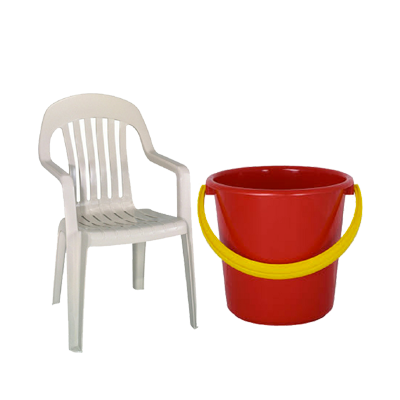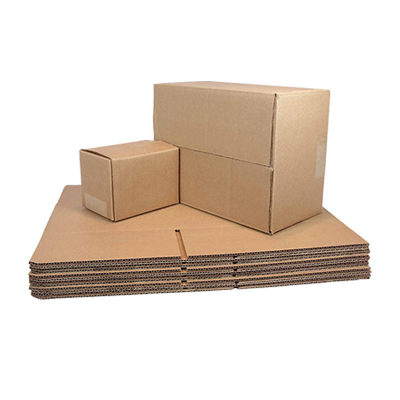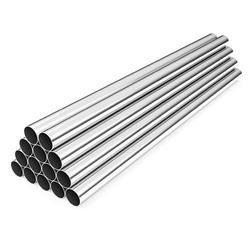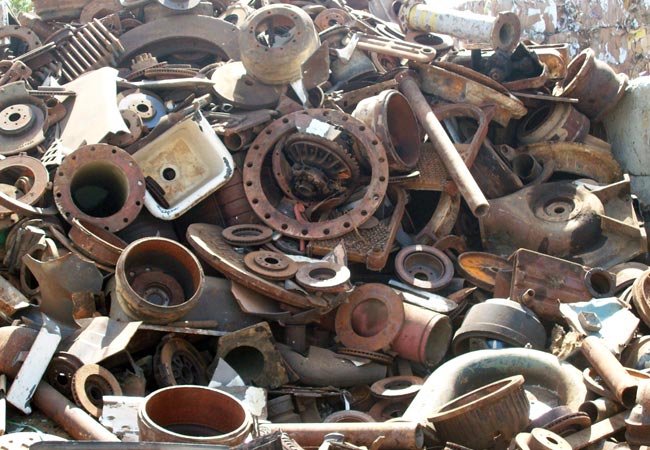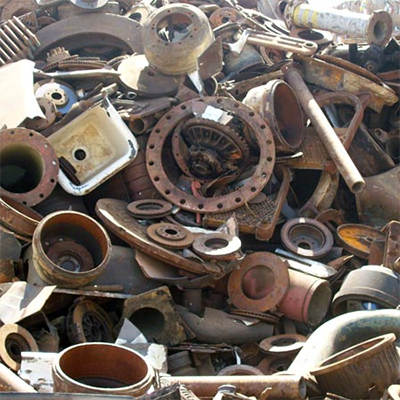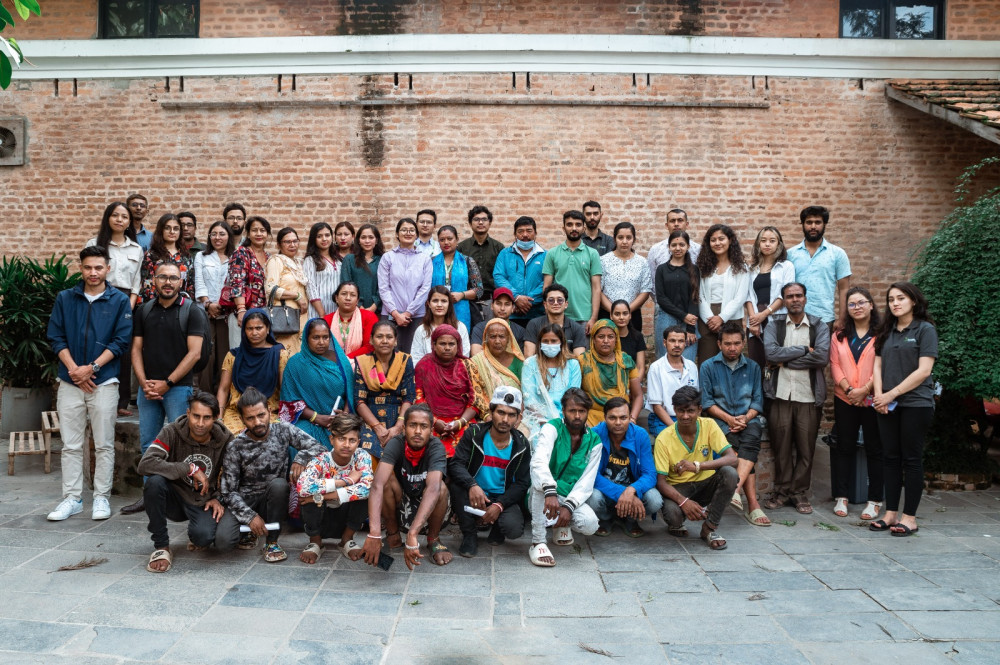
2023-11-11
Data Collection to quantify contribution of Informal Recycling Sector in Nepal
Waste recycling is an important activity for the circularity of resources, while Yoshida (1994) shows that approximately 40% of municipal waste in developing countries is being recycled by informal sectors. These informal sectors include waste pickers and itinerant buyers. According to the Solid Waste Management Service Improvement Plan of LMC, there are 115 scrap centers (Kawadis) in Lalitpur district and 8,000 informal recyclers (identified by the PRISM Project, Practical Action, and EU, 2014), making the plastic recovery and recycling market dynamic in the presence of several actors.
DOKO RECYCLERS and CREASION assisted the University of Leeds to conduct a research study on “Data Collection to Quantify the Contribution of the Informal Recycling Sector in Nepal” with the support of GRID ARENDAL. The objective of the research study was to identify the informal recycling sector and calculate its productivity in Nepal. Lalitpur Metropolitan City (LMC) was selected as the study area for the research, being one of the three major cities of the Kathmandu Valley with a total population of 294,098.
The methods of data collection included a literature review, a preliminary survey, a participatory workshop, a key informant interview, a focused group discussion, and a field survey. A list of stakeholders was closely analyzed from national reports, and among them, 31 (35% female) stakeholders were called for a participatory workshop with the objective of gaining insights into their contribution to LMC waste management. The workshop helped to provide more information on the present interaction of the formal and informal waste management sectors that has been occurring in the city. Participants were also involved in group discussions in order to share their working methods, the number of workers, and their duty hours. Lastly, the discussion was closed with a tone of coordination for the research being conducted in the city.
The field survey questionnaire was drafted by the University of Leeds and was broken into two parts: a census and an in-depth interview. For the initial level of the survey, the participants of the participatory workshop were contacted. Additionally, the hotpot map from the preliminary survey served as the baseline for the survey. The preliminary survey was conducted at the beginning of the participatory workshop, when each scrap center and transfer station were geo-located with the hotspot being placed with a high number of informal recycling sectors’ presence. The field enumerators were dispersed in 29 wards of LMC, starting in the hotspot areas. During the research, the team had complications, among which language barriers and extreme weather conditions were major. Those were subsequently tackled with the cooperation of field coordinators and enumerators.
At the end, 94 scrap centers were located in Lalitpur Metropolitan City, and 1,700 informal recyclers were interviewed. The result showed the daily collection of the informal recyclers ranges from 20 kg to 80 kg of recyclable waste with 30% plastic. An average of 8 hours of work was found to be contributed by the informal recycling sector, which is 4.5–7.5 hours for females and 1.5–11 hours for males. 30% of the primary waste collectors work 7 days a week, 15-20% of them work 1 or 2 days a week, and a notable number of them work 3 days a week.
The informal recycling sectors with prominent contributions to waste management in the city still face challenges from the governing authority. The tax hike during the transportation of recyclable materials and the unavailability of land for their waste segregation activities were the main hurdles these sectors came across. They face challenges like health issues, household responsibilities, and fears of stray dogs. Children, infants, and waste workers are exposed to contaminants and hazardous materials, like fecal waste, medical waste, and toxic fumes, interfering in early childhood development. Similarly, there are many instances of waste pickers having lost good health due to their dangerous work and still working in adverse conditions without treatment. Instances of police harassment and theft accusations are common. Another major issue highlighted by the WPs is material loss during rainy or monsoon seasons. Since they are operating either on landfill sites or open dumping areas, most of the waste is wet during this time of the year. So, around 10–25% of the payment for the materials significantly impacts their livelihood, and they are forced to work longer hours to recover larger volumes of waste to make up for the pay cuts.
These problems faced by an integral part of city waste management draw attention to the authority for relocating such formal and informal recycling activities to specific places inside the city. Systematic tax collection for the recycling activities. Supporting awareness activities related to waste segregation at source can help more in the diversion of waste from landfills. Proper health insurance and education can help ensure a safe working environment for waste workers. These are some measures to overcome the challenges.

